This March, I’d like to take a moment to reflect on, acknowledge, and amplify the contributions of women in science—not just those making an impact today, but those who paved the way for so many of us. Women have always been at the forefront of scientific progress, even when our names were left out of the history books.
In celebration of International Women’s Day and Women’s History Month, I want to amplify their achievements—past, present, and future—to ensure their work is acknowledged, their impact is valued, and their legacies are cemented.
Recognizing Pioneers Who Lit the Path
Science has always been driven forward by those willing to challenge convention, ask questions, and push beyond what’s known. Yet, for too long, the women behind some of the most groundbreaking discoveries were left in the margins. Their contributions weren’t absent—they simply weren’t acknowledged.
Rosalind Franklin, PhD, a brilliant chemist and X-ray crystallographer, provided the crucial data that revealed DNA’s double-helix structure. Dr. Franklin’s meticulous work laid the foundation for the discovery that reshaped biology, yet recognition came late and largely without her name attached. Today, her name stands as a testament to perseverance, precision, and the power of scientific inquiry.
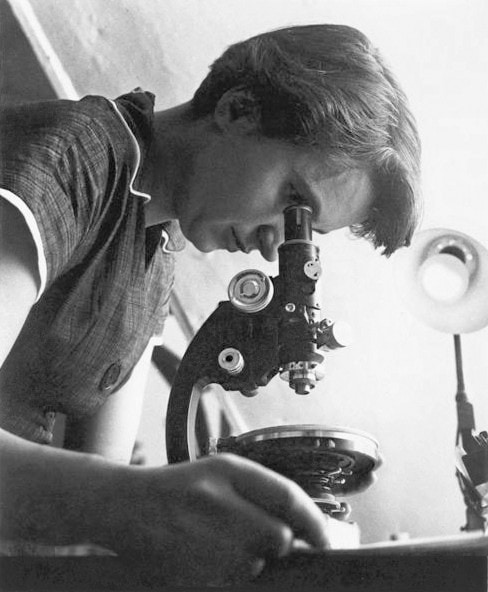
Barbara McClintock, PhD, defied expectations at every turn. In the 1940s, when the idea of genetic mobility was unthinkable, she discovered transposons—genes that could move within the genome. It took decades for her work to receive the recognition it deserved, but in 1983, she became the first woman to win an unshared Nobel Prize in Physiology or Medicine.

Katalin Karikó, PhD, a tenacious biochemist, pioneered the use of mRNA as a tool for medicine, laying the groundwork for one of the most significant scientific advancements of our time. Her research unlocked the potential of mRNA to instruct cells to produce proteins, a breakthrough that became the foundation for life-saving vaccines. Long before the world recognized its impact, Dr. Karikó’s research demonstrated how mRNA could be stabilized and delivered effectively. In 2021, CRI awarded her the distinguished William B. Coley Award and she received the Nobel Prize in Physiology or Medicine in 2023. Dr. Karikó’s discoveries continue to shape the future of medicine, from vaccines to potential treatments for a range of diseases.
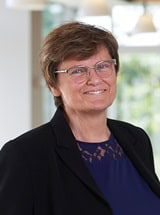
Another woman who reshaped science—though outside the lab—was Helen Coley Nauts. Her father, Dr. William B. Coley, pioneered an approach using bacterial toxins to stimulate the immune system against cancer. After his death, she pored over his unpublished research, recognizing patterns others had dismissed. In 1953, she founded the Cancer Research Institute (CRI), determined to advance immunotherapy when few took it seriously. Although she didn’t have a medical degree, she was armed with relentless conviction, carving out a space for an entire field of research.
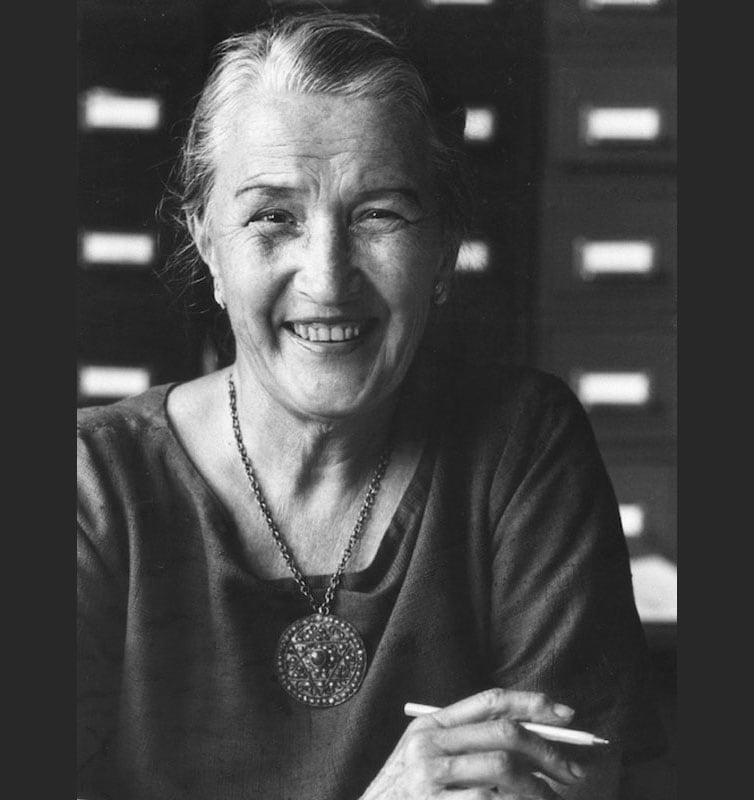
Today’s Immunotherapy Innovators
Women in science continue to push the boundaries of what is possible. At CRI, I am proud to work alongside incredible female scientists who are making meaningful advances in cancer immunotherapy, while also acting as mentors and role models for the next generation of researchers.
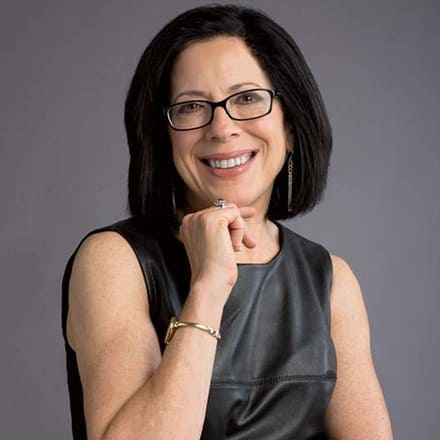
Elizabeth Jaffee, MD, is a pioneering force in cancer immunotherapy, renowned for her clinical research and commitment to mentorship. Her work has helped shape the future of cancer treatment, particularly in pancreatic cancer. Beyond her scientific achievements, Dr. Jaffee is deeply committed to guiding the next generation of researchers, ensuring that future leaders in the field are empowered and equipped to continue pushing the boundaries of science. Dr. Jaffee serves as an Associate Director of CRI’s Scientific Advisory Council.

Ellen Puré, PhD, is a distinguished leader in cancer immunology, recognized for her innovative research on the tumor microenvironment and its role in shaping immune responses. Dr. Puré’s studies have significantly advanced our understanding of the immune system’s role in cancer, particularly in developing therapeutic strategies to enhance immune responses. Her dedication to mentorship ensures that young scientists, especially women, have the guidance and support they need to succeed. Dr. Puré also serves CRI as an Associate Director of the Scientific Advisory Council.

Miriam Merad, MD, PhD, is a visionary oncologist and immunologist transforming our understanding of the immune system’s role in disease. Her groundbreaking work has revealed how immune cells drive disease progression, leading to novel therapies for cancer and inflammatory diseases. A champion of translational research, Dr. Merad is dedicated to accelerating the path from discovery to treatment, ensuring new therapies reach patients faster. She is committed to training the next generation of researchers, fostering a culture of curiosity and innovation in medicine. Alongside Drs. Jaffee and Puré, Dr. Merad is also a member of CRI’s Scientific Advisory Council.

Susan M. Kaech, PhD, is a trailblazer in the study of immune memory and its implications for cancer therapy. Dr. Kaech’s specific research focus is exploring the biology of T cells, which are critical to the body’s immune response against cancer. Her work has been pivotal in uncovering how immune cells retain memory of cancer cells, potentially leading to more effective immunotherapies. She is also a passionate advocate for diversity in science, ensuring that underrepresented voices are heard and valued. Dr. Kaech is a CRI CLIP Investigator and a member of CRI’s Scientific Advisory Council.
These women, and so many others, are not just shaping the future of science—they are defining it.
Looking Forward—Amplifying Women’s Voices in STEM
While progress has been made, our work is far from over. Women still face systemic barriers in STEM fields, from funding disparities to challenges in career advancement. It is not enough to celebrate women in science one month each year; we must be intentional about supporting them every single day. We can do this by increasing mentorship opportunities, advocating for equitable funding, and ensuring that leadership positions reflect the diversity of the scientific community.
READ MORE: Women in STEM: Shaping the Future Together
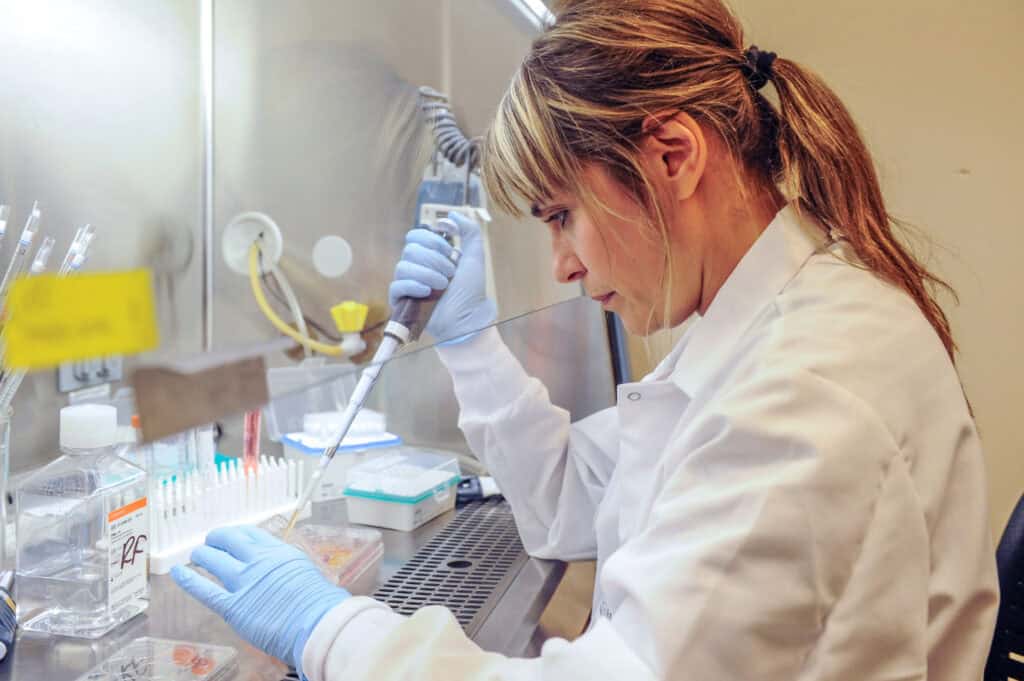
Women are here, and we’ve always been here. Our contributions, our voices, and our leadership have been foundational to science, and it’s time to recognize the knowledge we bring to the table. As CRI pushes boundaries in cancer research, we are also creating a space where the next generation of women scientists can thrive and lead with confidence and support.
It is our collective responsibility to lift each other up, to ensure that those who come after us have the opportunities, resources, and recognition they deserve. Let’s honor the trailblazers of yesterday while championing the women who will shape the future of STEM. Empowerment, visibility, and momentum are not just goals—they are promises we must keep.
To all the women in science—past, present, and future—your work matters. Your discoveries change lives and your voices will continue to be heard.
